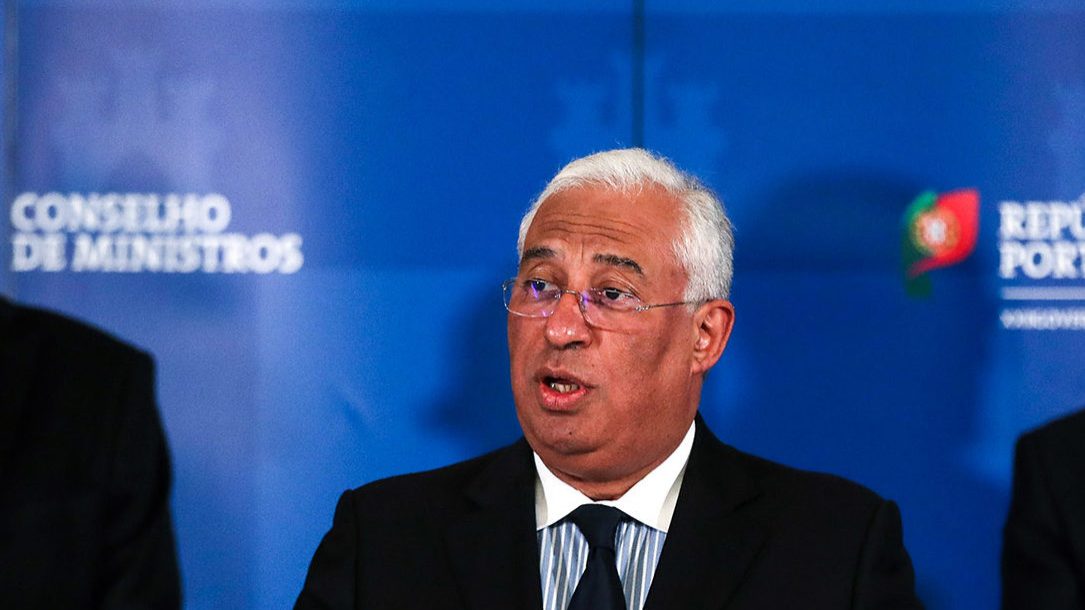Minho University is a partner in global study on Covid-19
A Portuguese university is a partner in a study to evaluate the impact of the new coronavirus on the health of the world population.
The University of Minho (UMinho) is a partner in a study to evaluate the impact of Covid-19 on the health of the world population, which involves about 200 researchers from over 30 countries, the academy announced on Monday.
UMinho states that the work aims to help identify the effects and factors that influence the impact of Covid-19 on the physical and mental well-being of the population.
The research wants to understand what profiles of people are more or less at risk of having health problems during a pandemic.
It will rely on the collaboration of two Portuguese researchers, namely Pedro Morgado (UMinho Medical School) and Sofia Brissos (Lisbon Hospital Centre).
The researchers also intend to understand what are the protective factors that may benefit people, with a view to creating more adequate intervention programmes for this and for future pandemics that may occur.
The study has several international partners, such as the World Psychiatric Association, the European Psychiatric Association and the Mental Illness Prevention and Mental Health Promotion organisation of the European College of Neuropsychopharmacology, as well as several universities and health associations.
The project is led by Christoph Correll, professor at Zucker Medical School (USA) and Charité – Universitätsmedizin (Germany), and Marco Solmi, professor at Padua University (Italy) and King’s College (UK).
“This research, being carried out in more than 70 countries, will make it possible to understand the impacts of the different measures that have been taken in each country, as well as the influence of the existence of different public responses in this pandemic; the data obtained will make it possible to design mental health responses that help to prevent their impacts, as well as to implement early detection and treatment programs”, says Pedro Morgado.
The work is based on a survey that will be sent out in three phases: during the pandemic, six months later and twelve months later.


